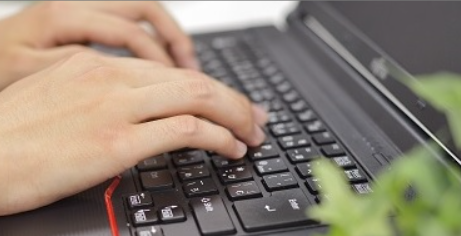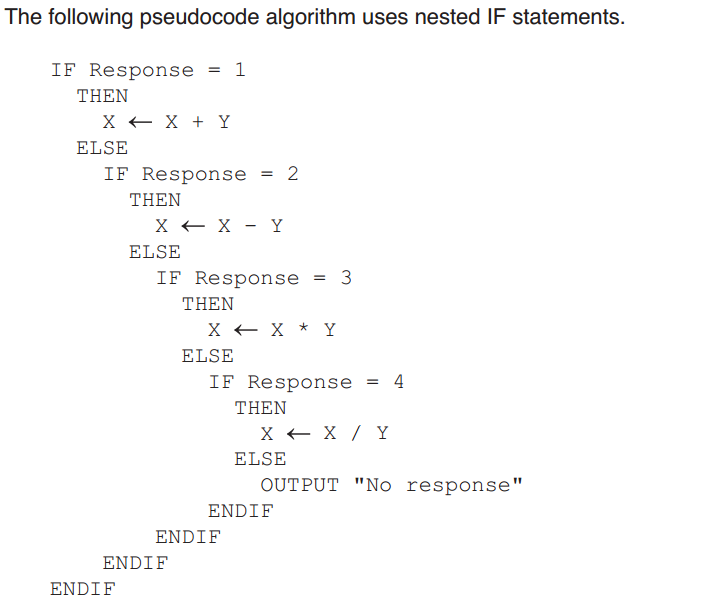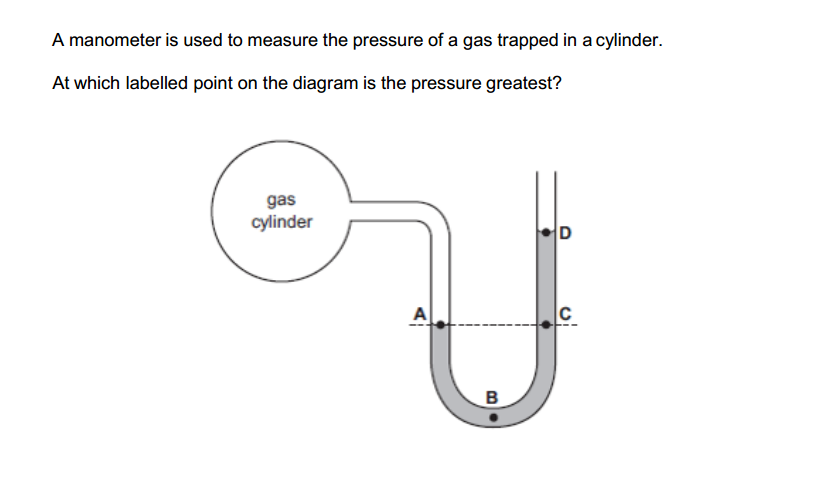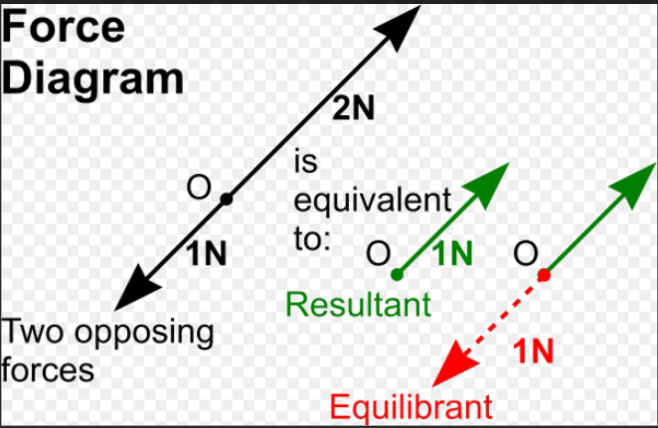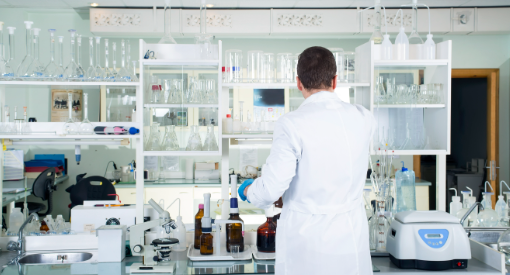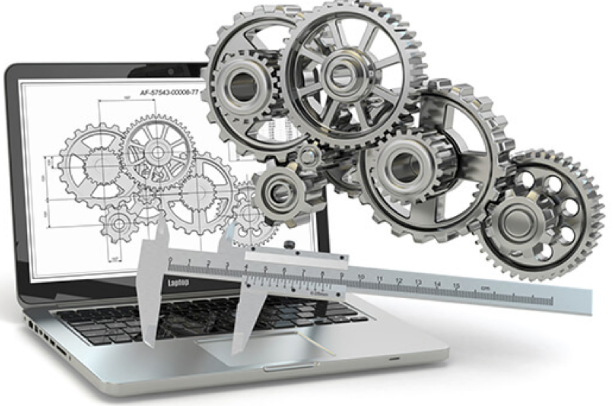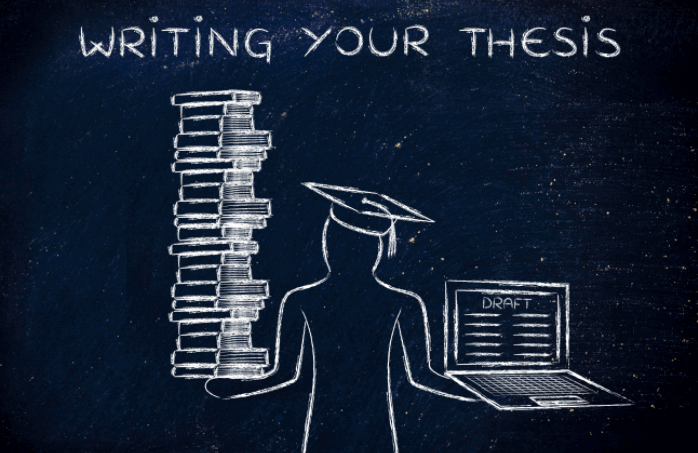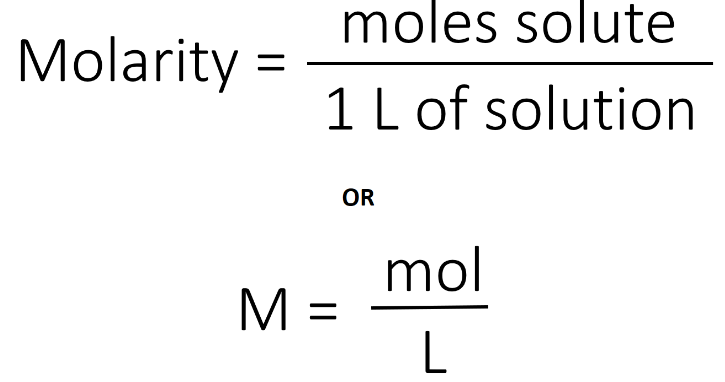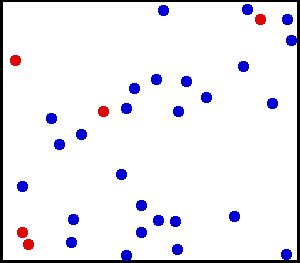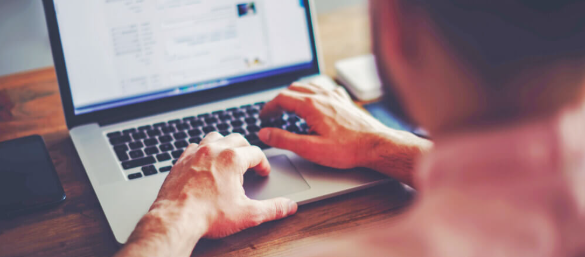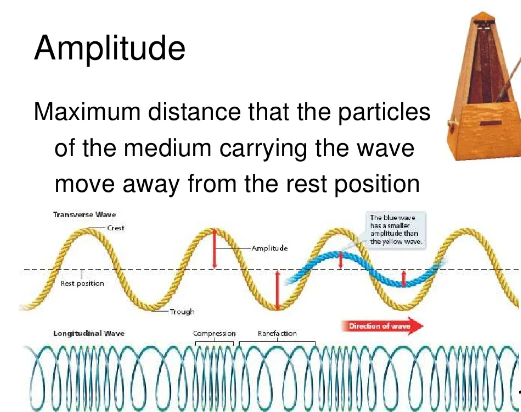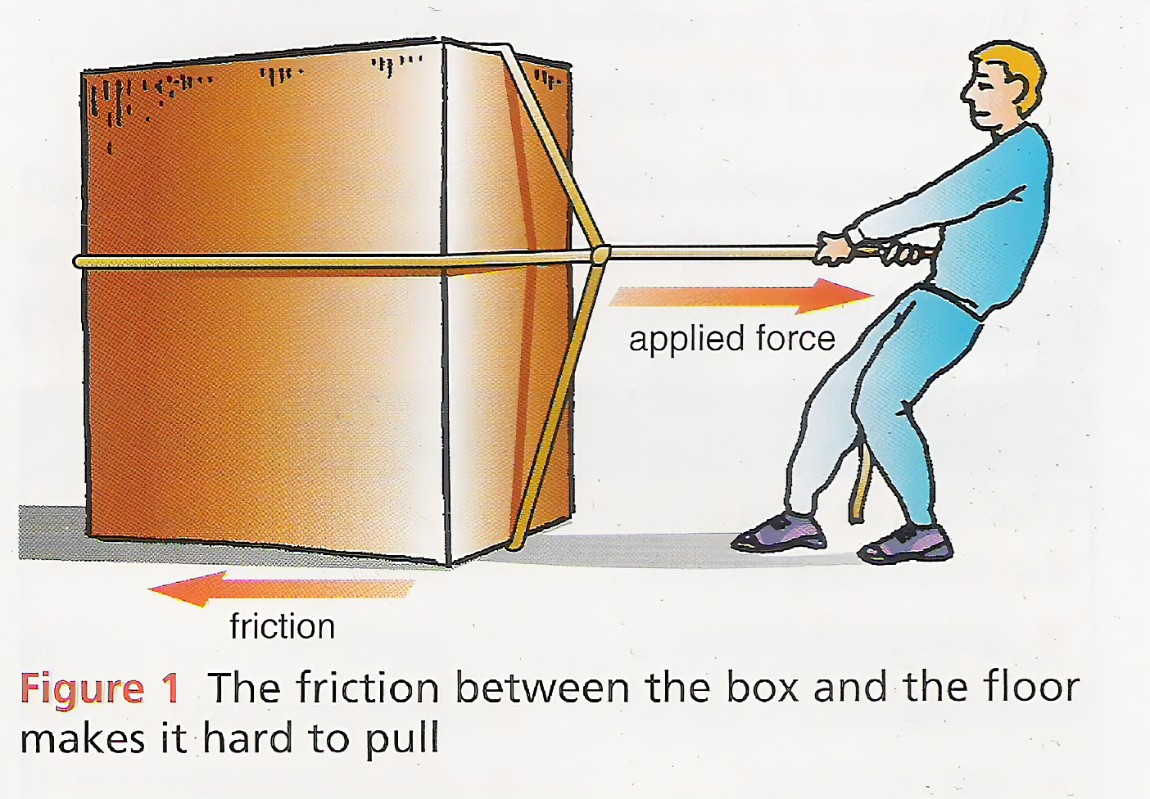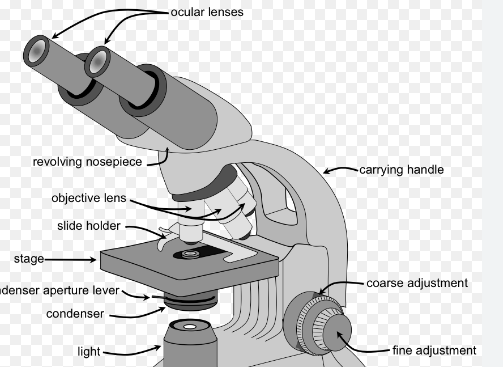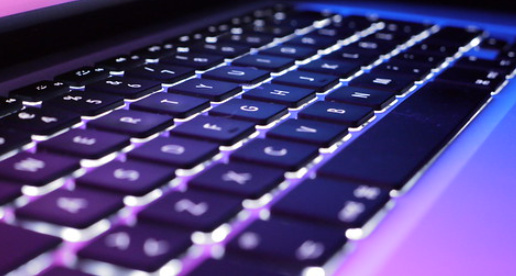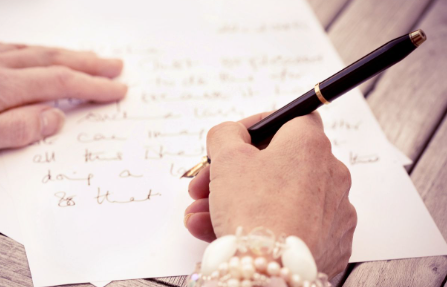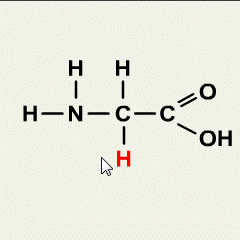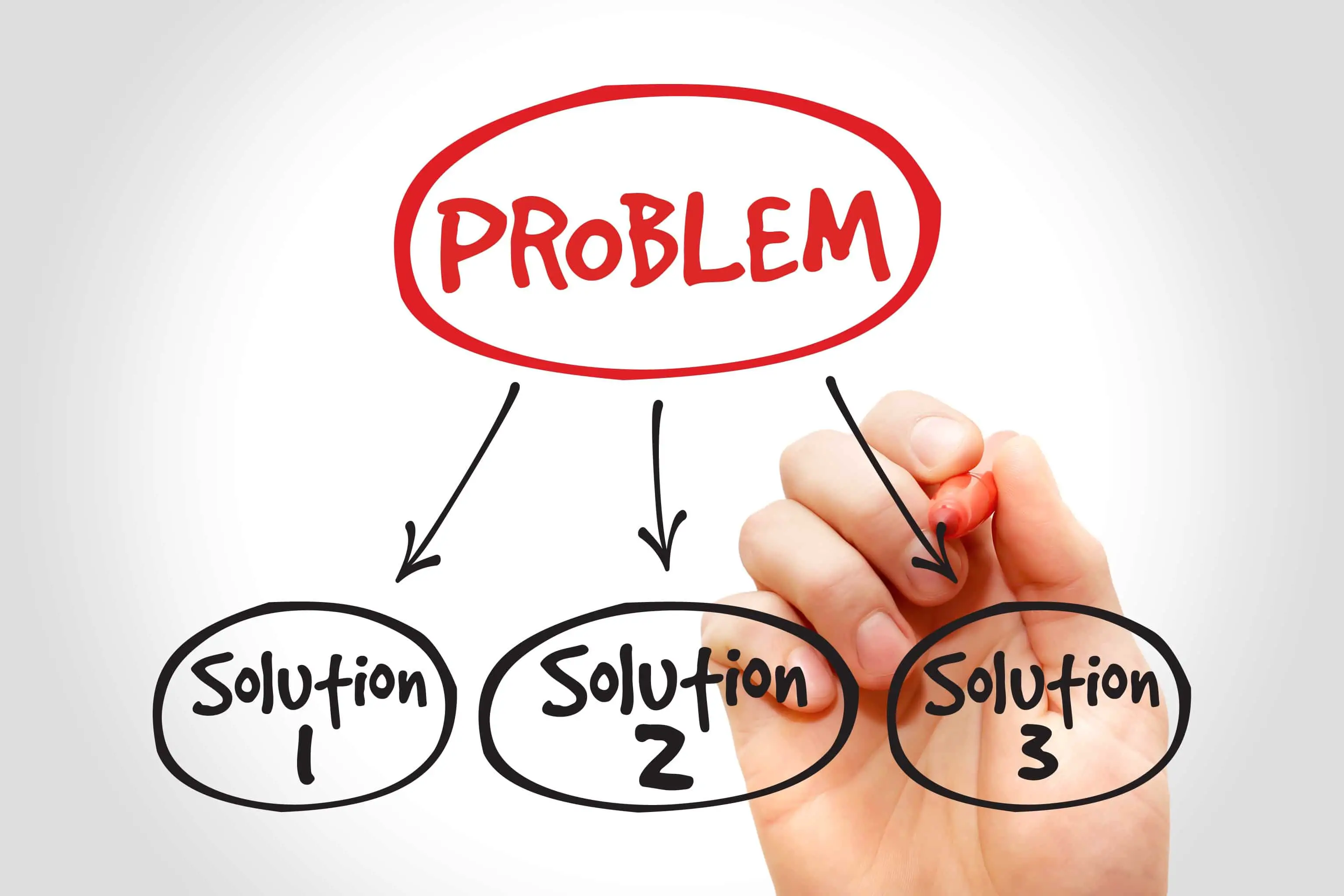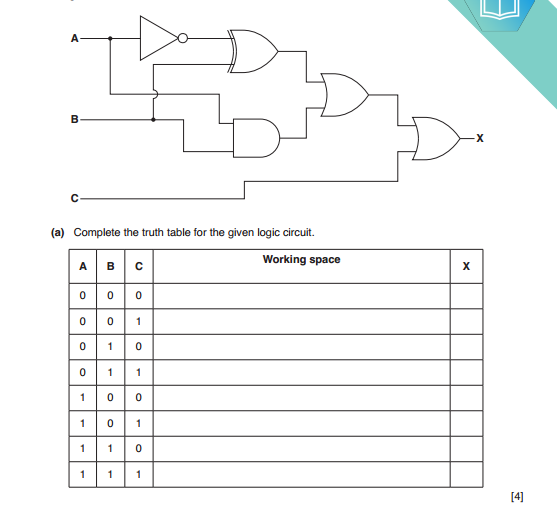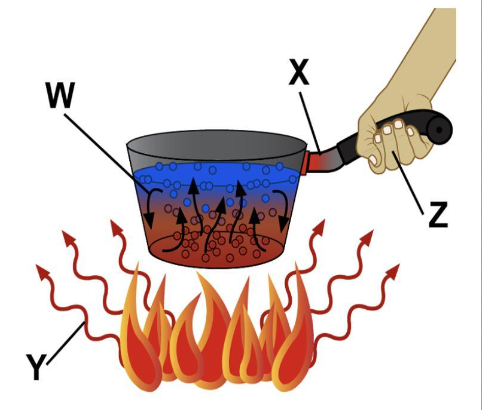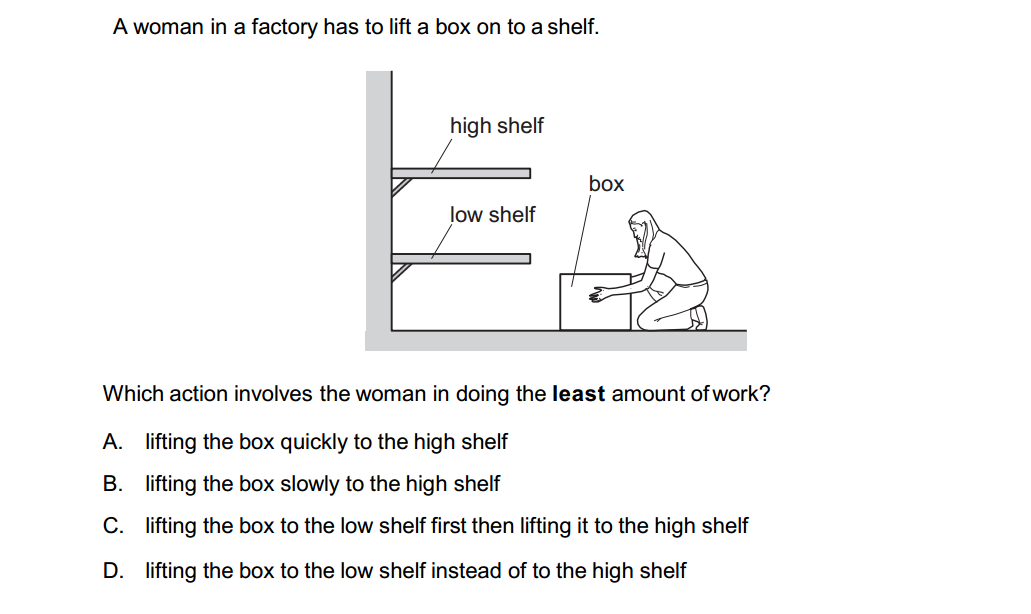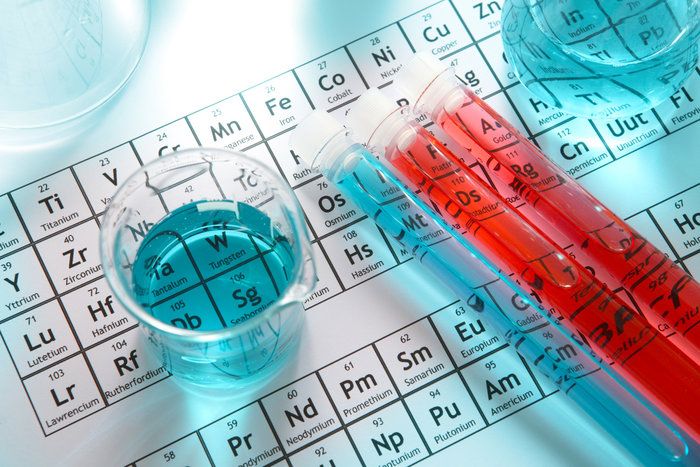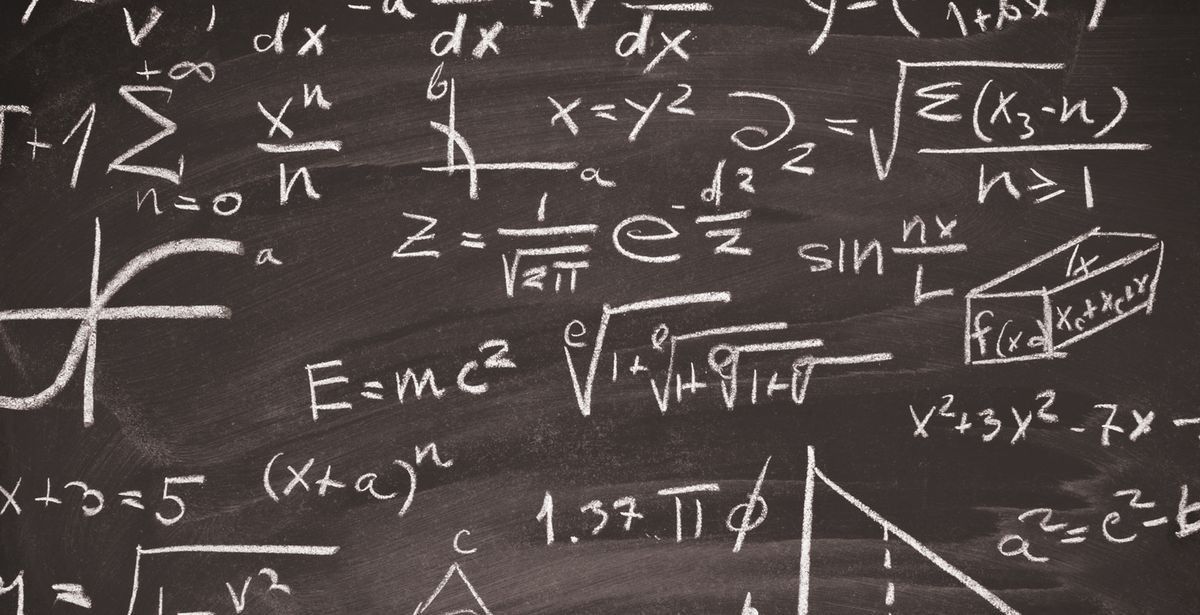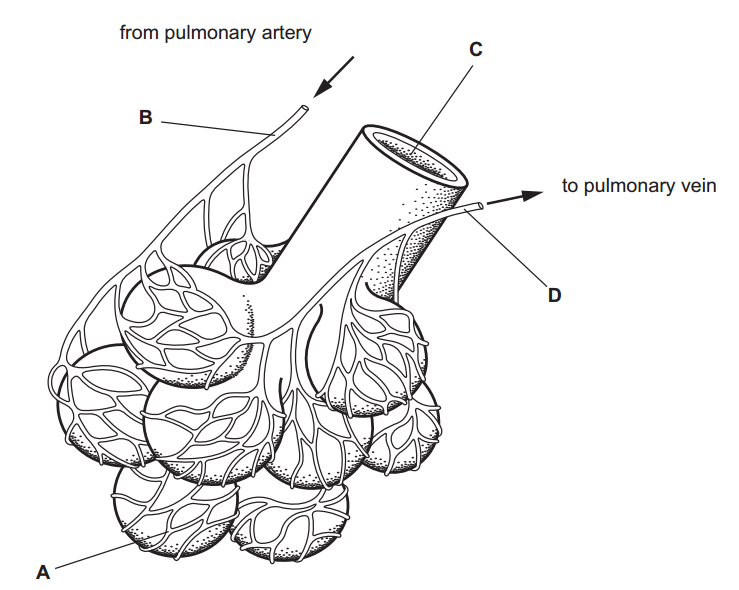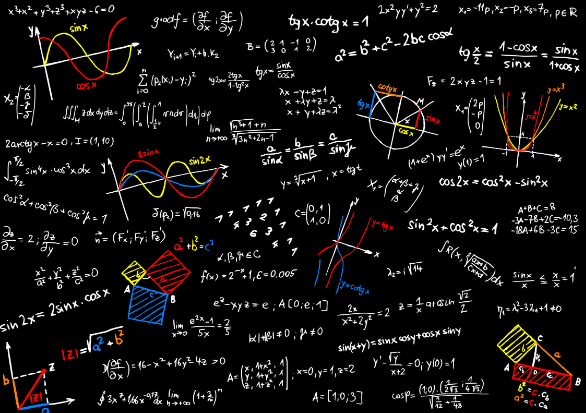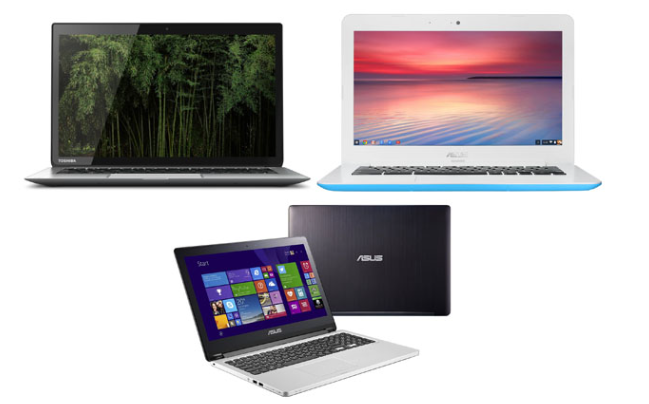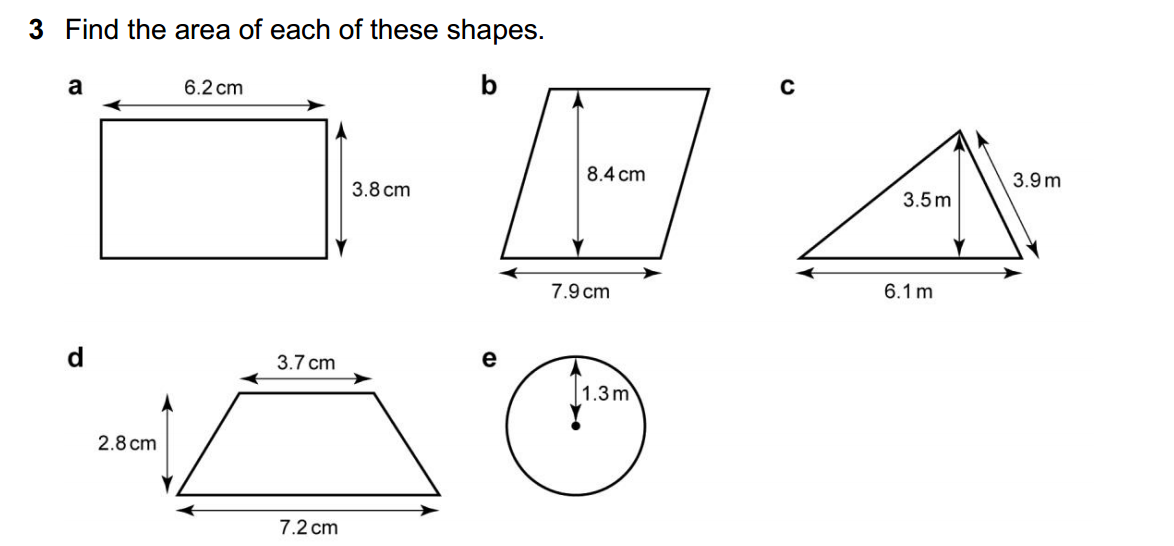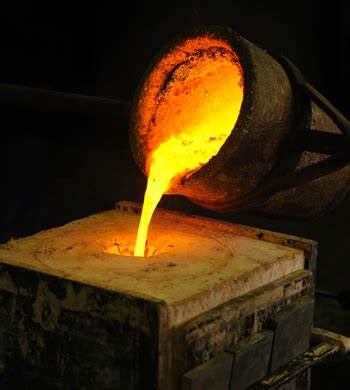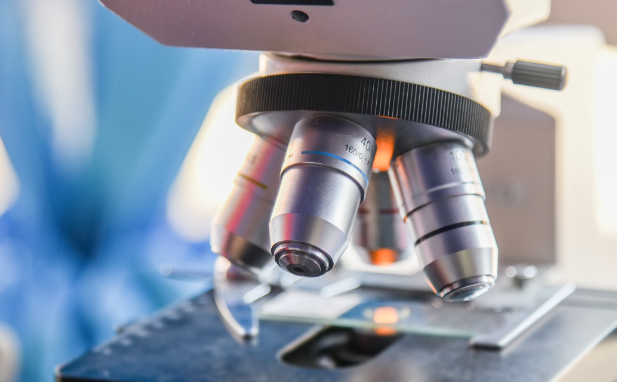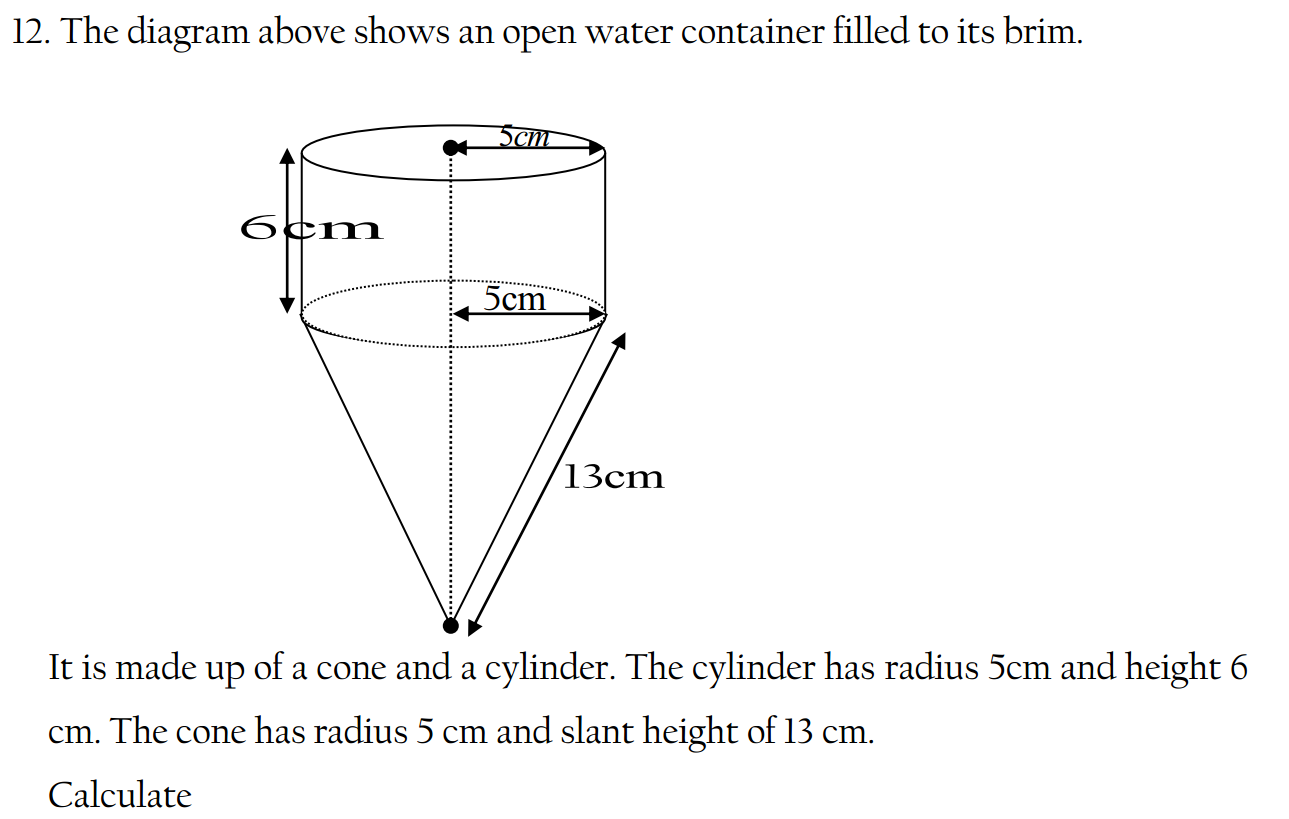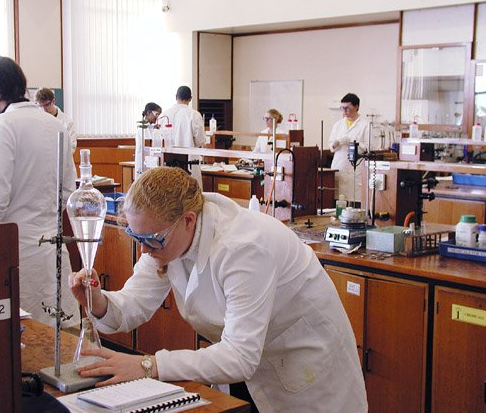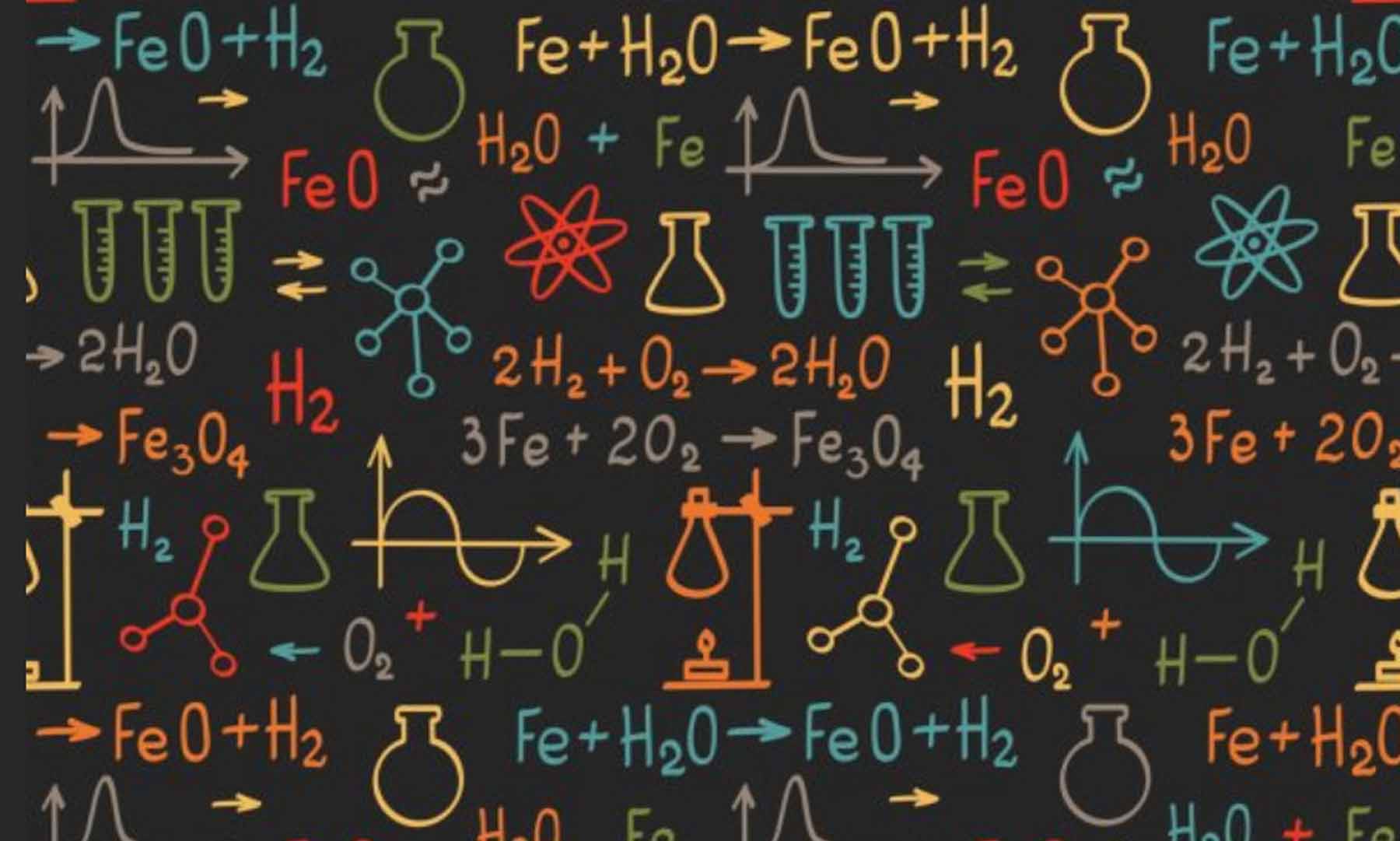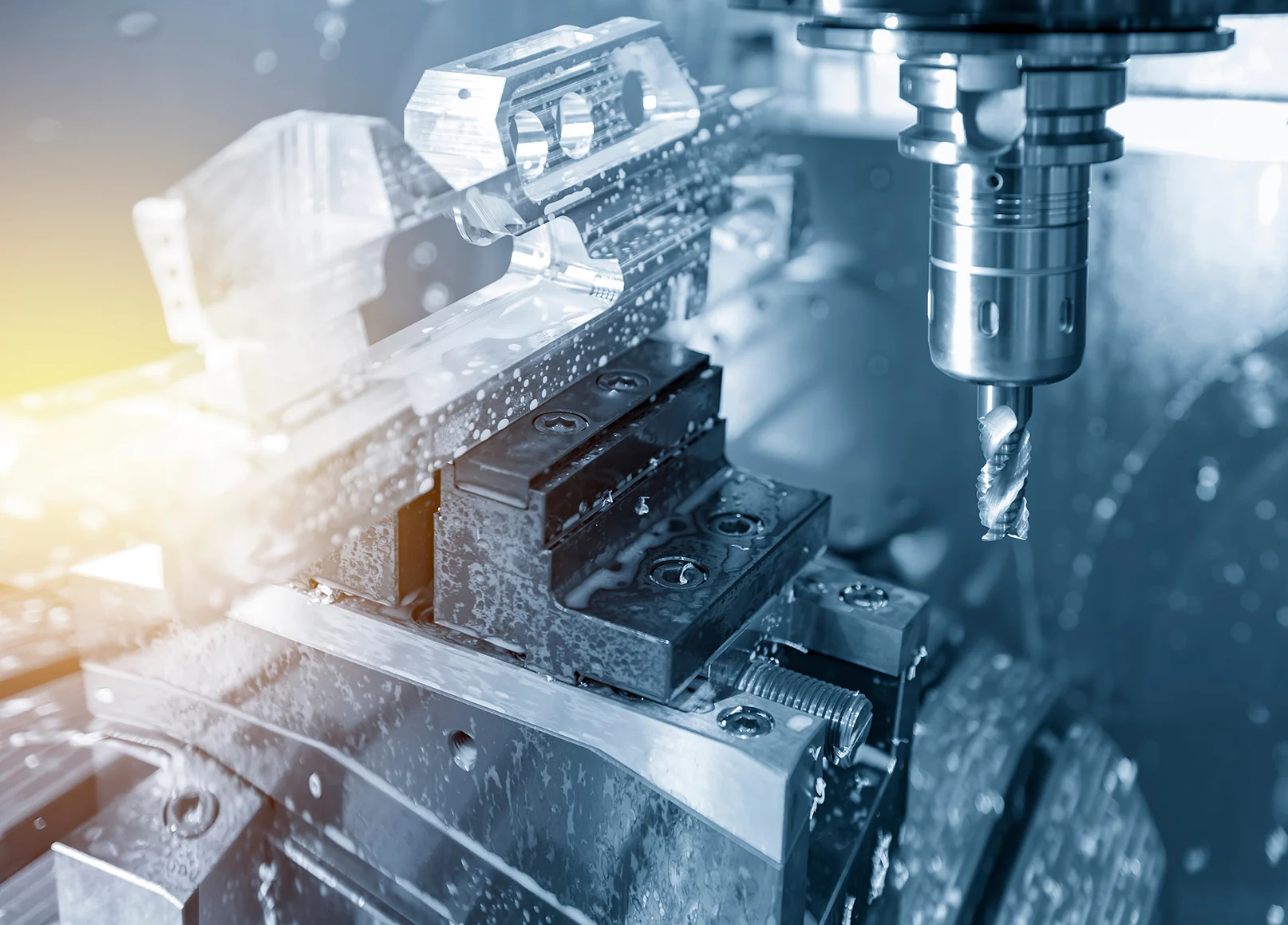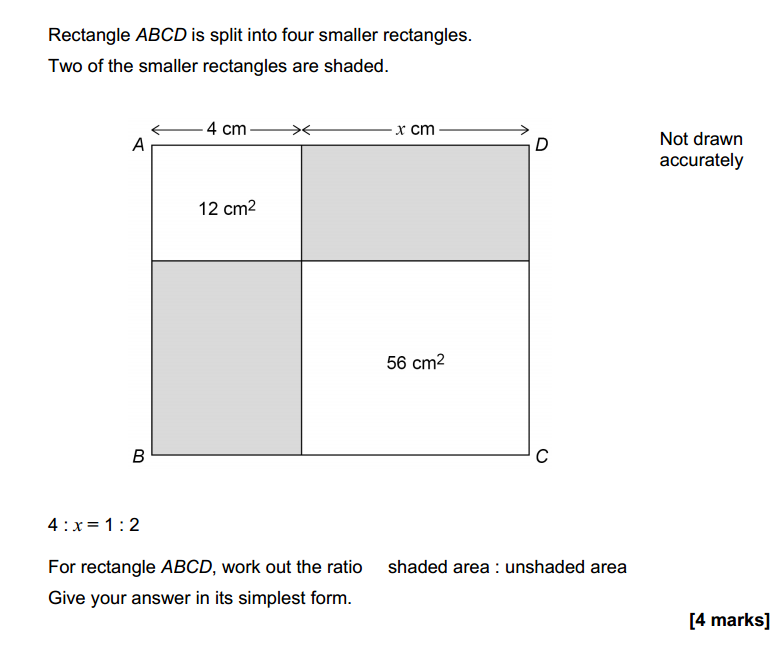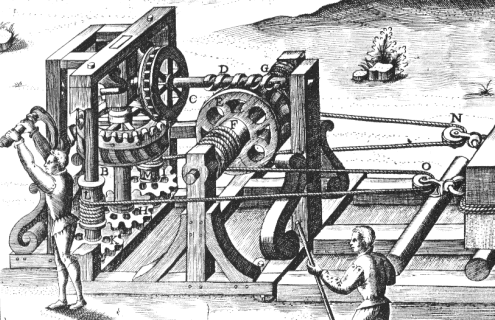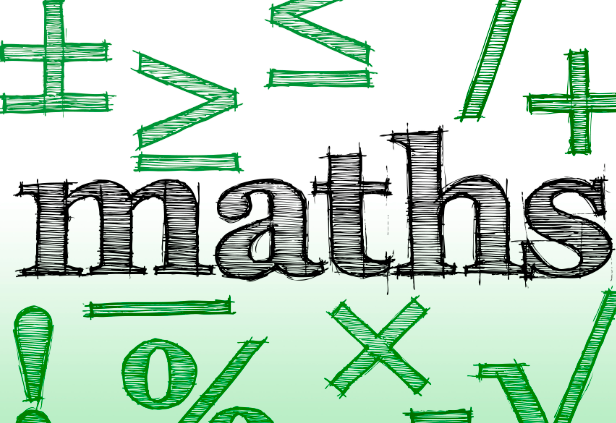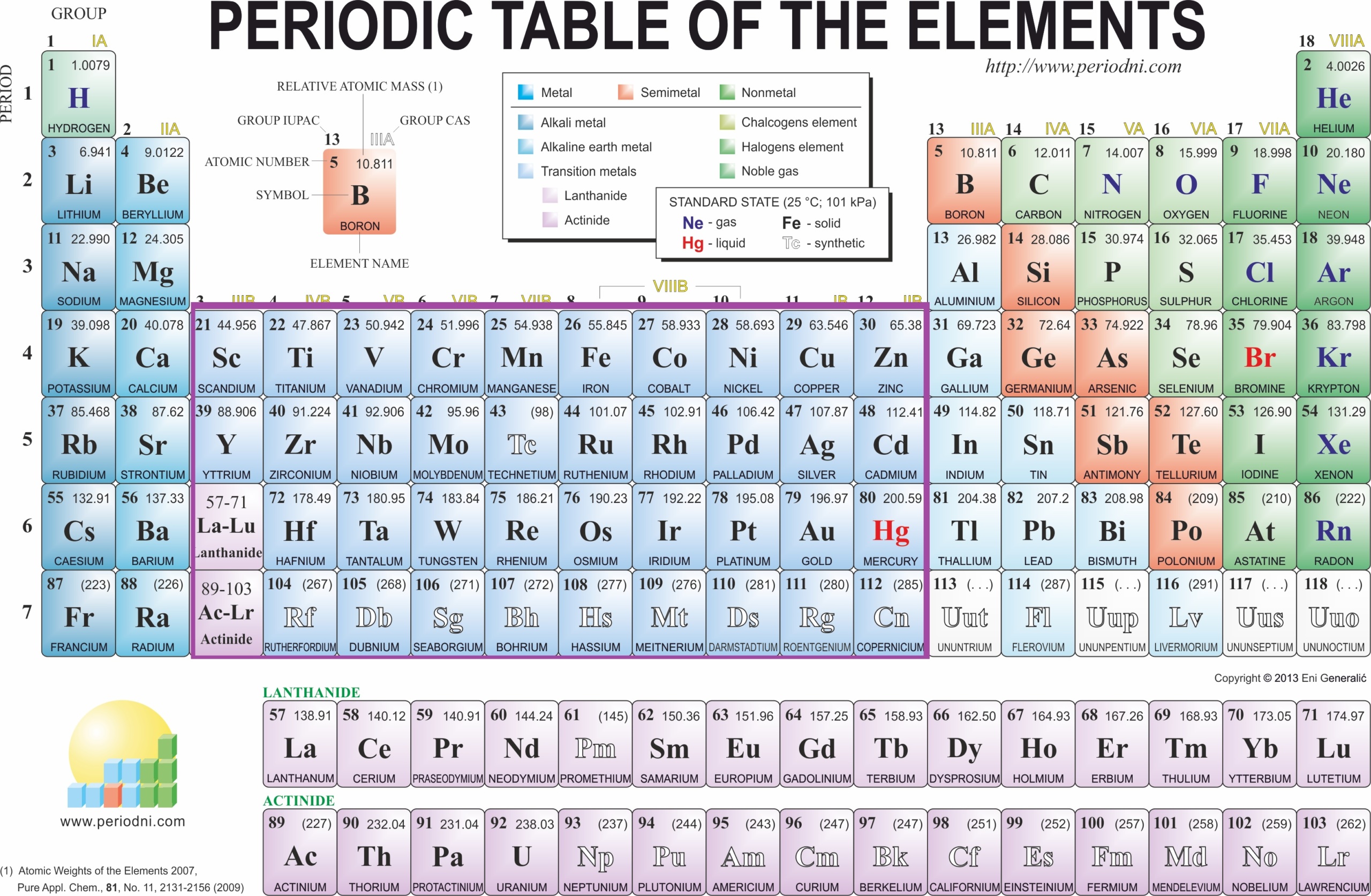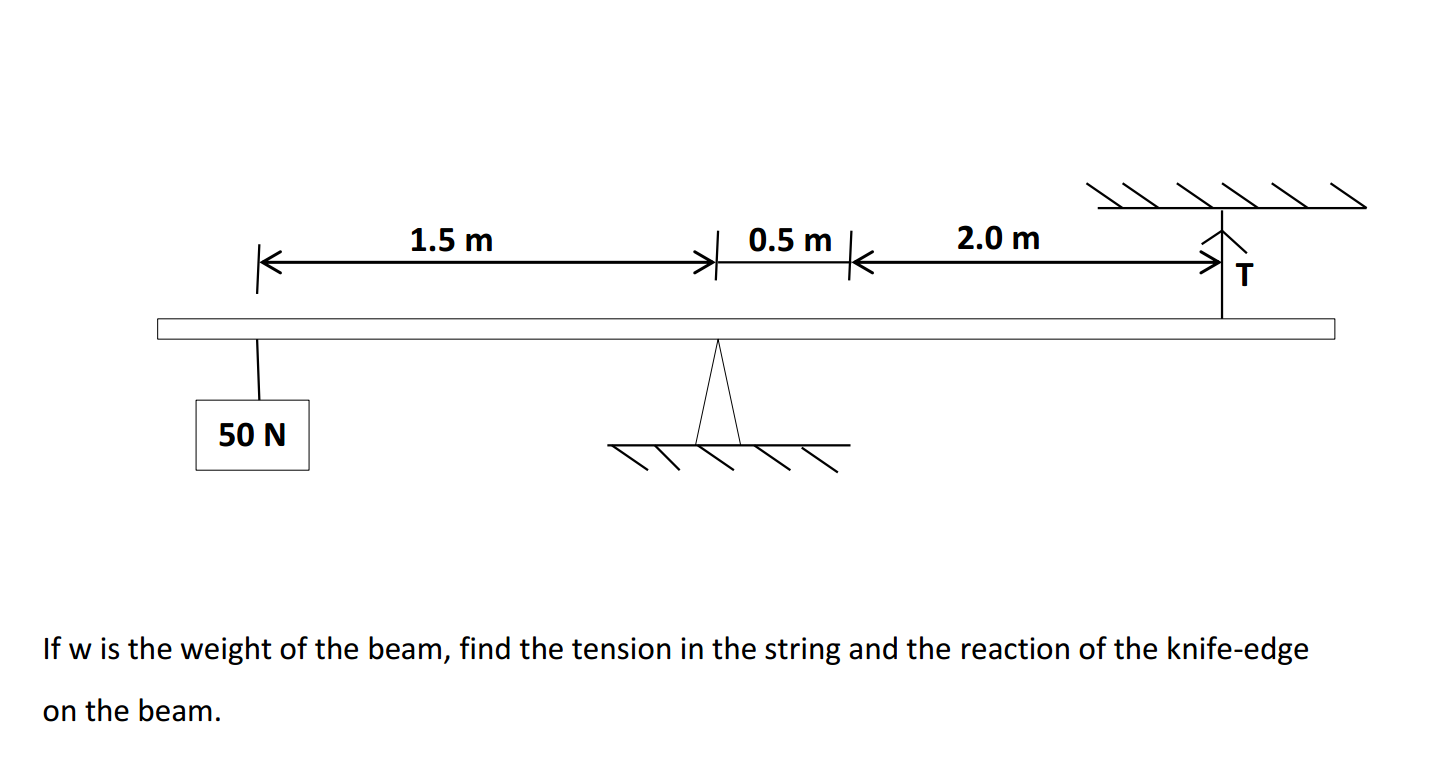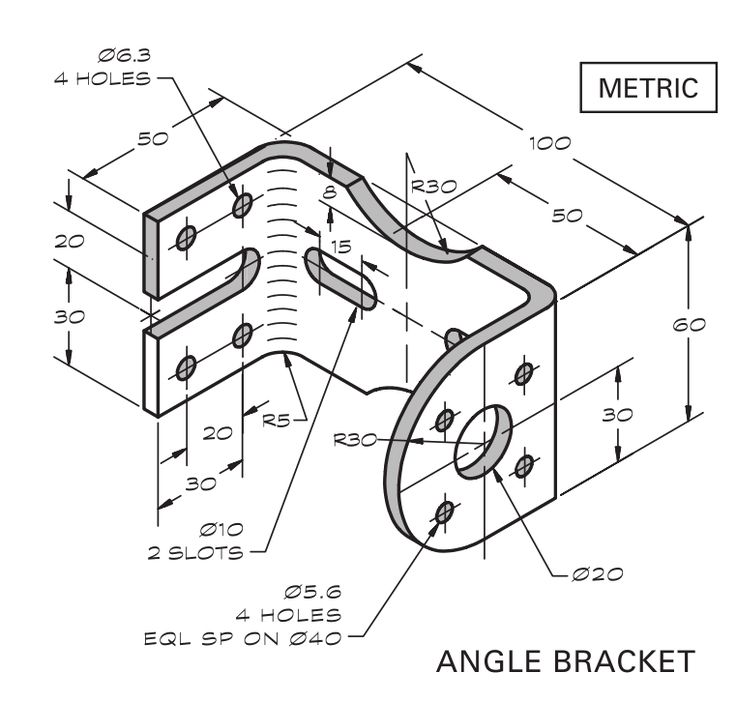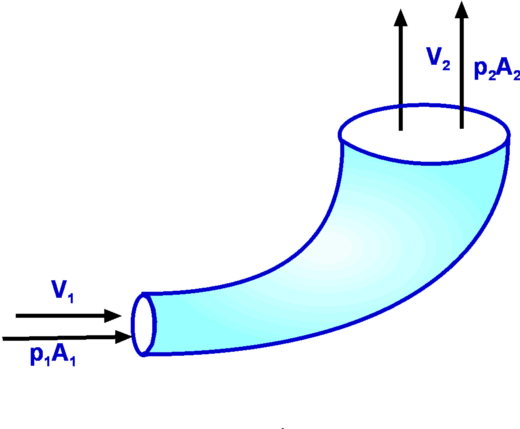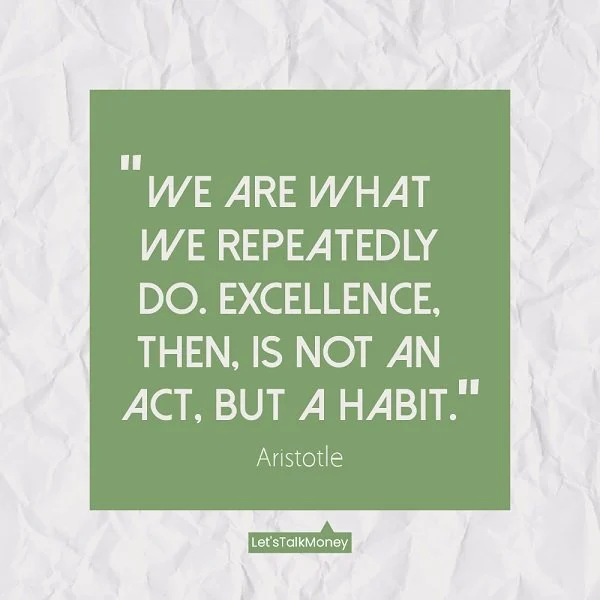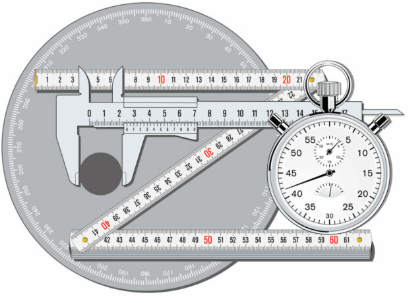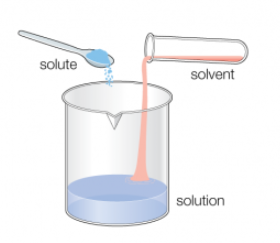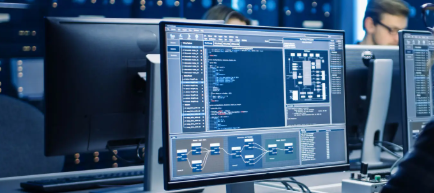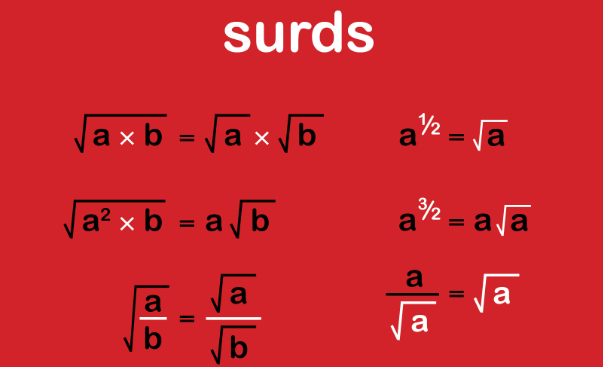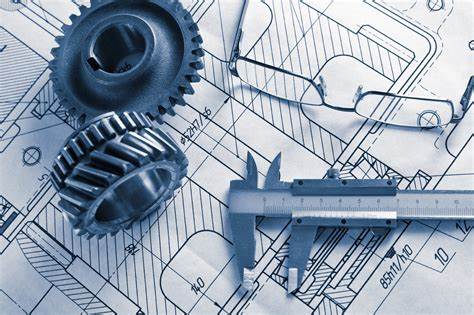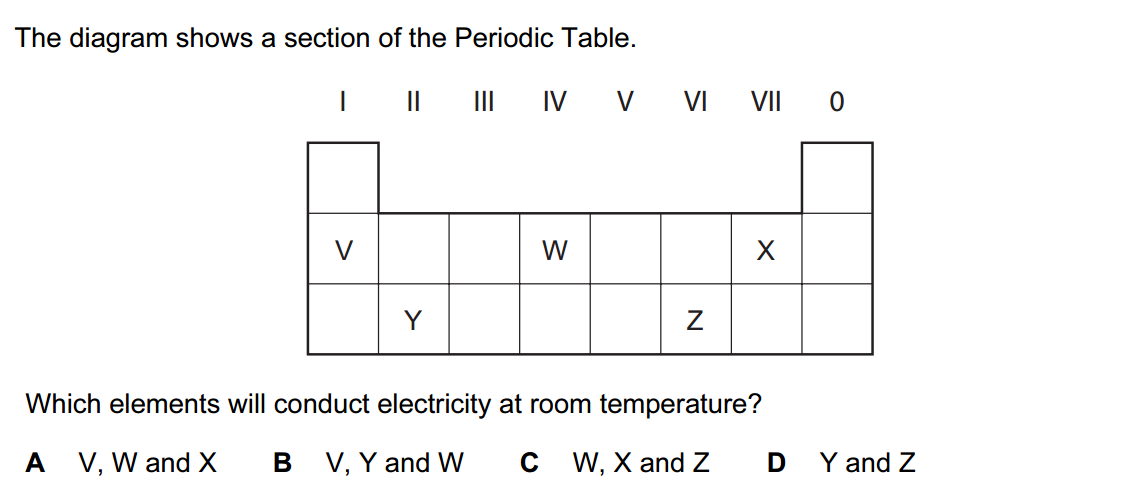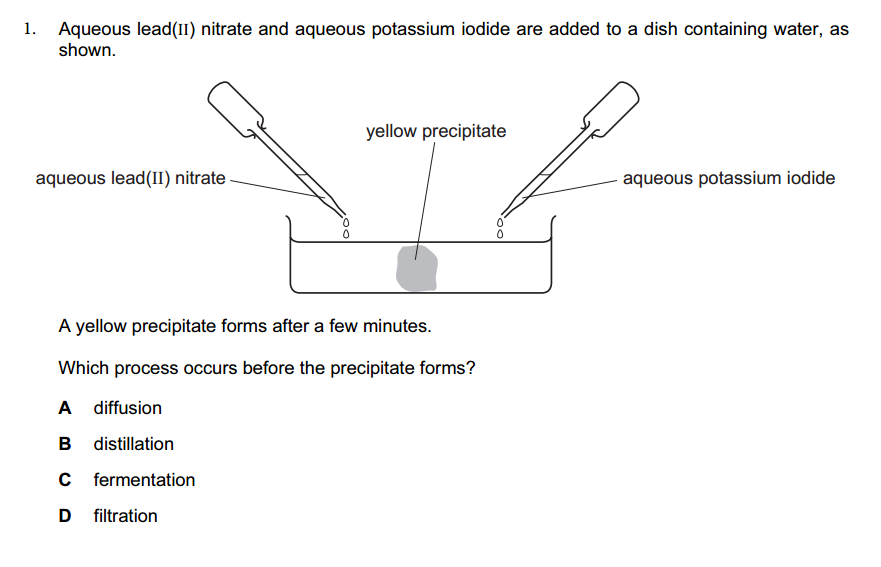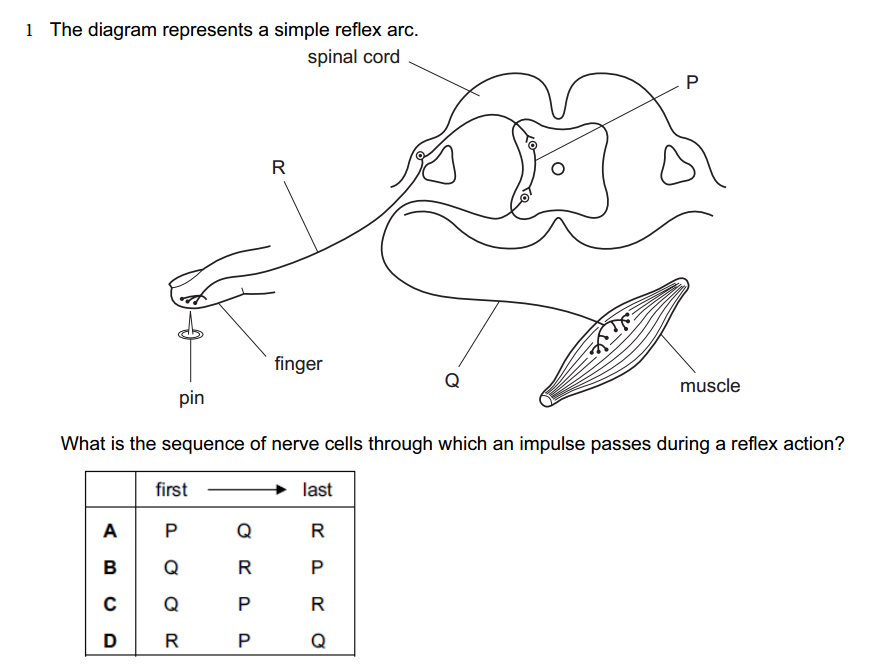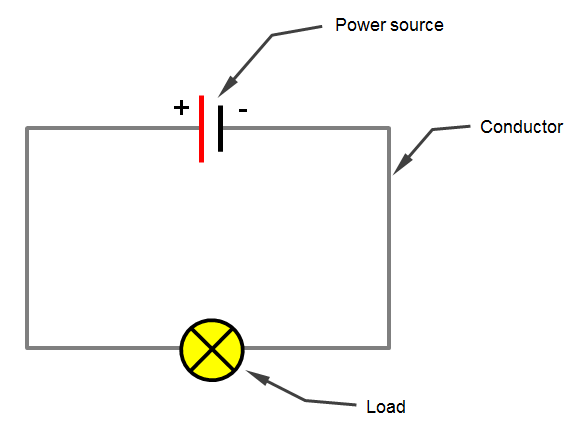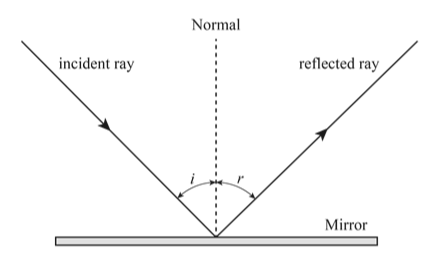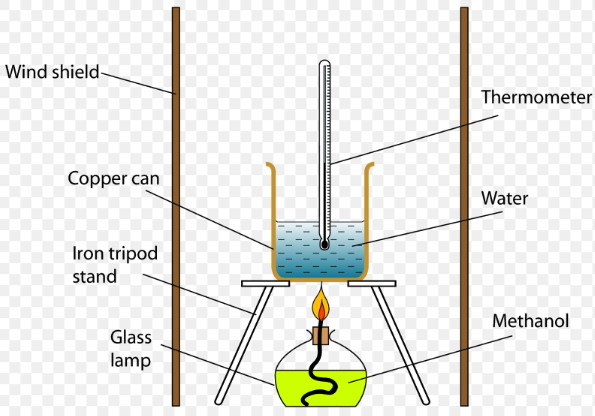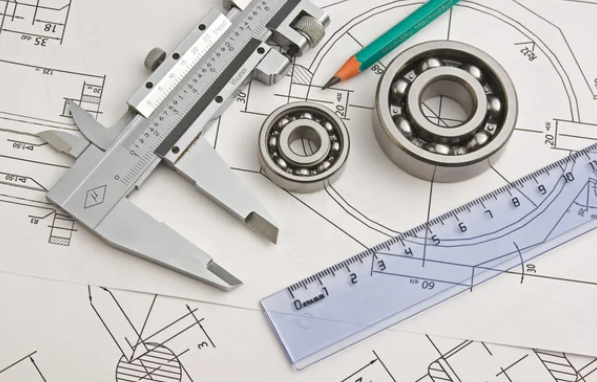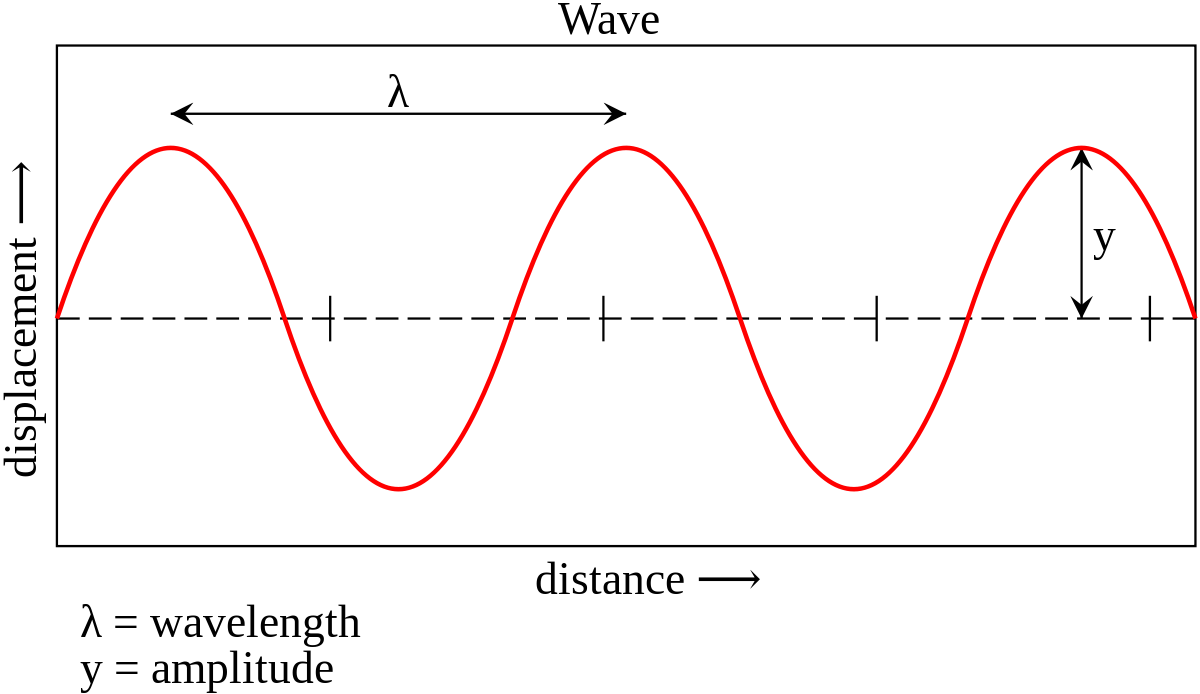Preparing for secondary practical exams can be a bit different from studying for written exams. Practical exams test your hands-on skills and understanding of experimental procedures. Here are some tips and tricks to help you excel in your secondary practical exams:
Before the Exam
- Understand the Syllabus:
- Review the syllabus and understand which experiments and techniques are covered.
- Make a checklist of all the practical skills you need to master.
- Attend All Practical Classes:
- Regular attendance ensures you get hands-on experience and learn proper techniques.
- Pay close attention to instructions and demonstrations by your teacher.
- Take Detailed Notes:
- Keep a detailed lab notebook with step-by-step procedures, observations, and results.
- Note down any tips or tricks your teacher mentions.
- Practice Regularly:
- Practice the experiments multiple times to build confidence and proficiency.
- Work on any areas where you feel less confident.
- Ask Questions:
- Don’t hesitate to ask your teacher for clarification if you don’t understand something.
- Discuss difficult concepts or techniques with classmates.
- Study Lab Manuals and Guides:
- Thoroughly read through your lab manuals and any guides provided.
- Watch online tutorials if available to reinforce your understanding.
During the Exam
- Read Instructions Carefully:
- Take a few minutes to read through the entire exam paper and instructions.
- Ensure you understand what is required before you start.
- Plan Your Time:
- Allocate your time wisely for each experiment.
- Leave some time at the end to review your work and clean up your workspace.
- Stay Organized:
- Keep your workspace tidy to avoid confusion and errors.
- Lay out all necessary equipment and materials before starting.
- Follow Procedures Exactly:
- Stick to the experimental procedures as closely as possible.
- Any deviations should be noted and explained in your observations.
- Record Observations Carefully:
- Write down your observations and measurements accurately.
- Be as detailed as possible in your notes.
- Stay Calm and Focused:
- Don’t rush. Take your time to ensure accuracy.
- If you make a mistake, stay calm and try to correct it if possible.
After the Exam
- Review Your Work:
- Double-check your results and ensure all data is recorded.
- Make sure your lab report or answer sheet is complete.
- Clean Up:
- Leave your workstation clean and organized.
- Properly dispose of any waste materials.
- Reflect and Learn:
- Think about what went well and what didn’t.
- Use this reflection to improve in future practical exams.
Additional Tips
- Safety First: Always follow safety protocols to avoid accidents and injuries.
- Know Your Equipment: Familiarize yourself with all the equipment you’ll be using, including how to properly set it up and troubleshoot common issues.
- Group Study: Practicing with classmates can provide new insights and techniques, and you can help each other with difficult concepts.
By following these tips and tricks, you can build the skills and confidence needed to excel in your secondary practical exams. Good luck!


